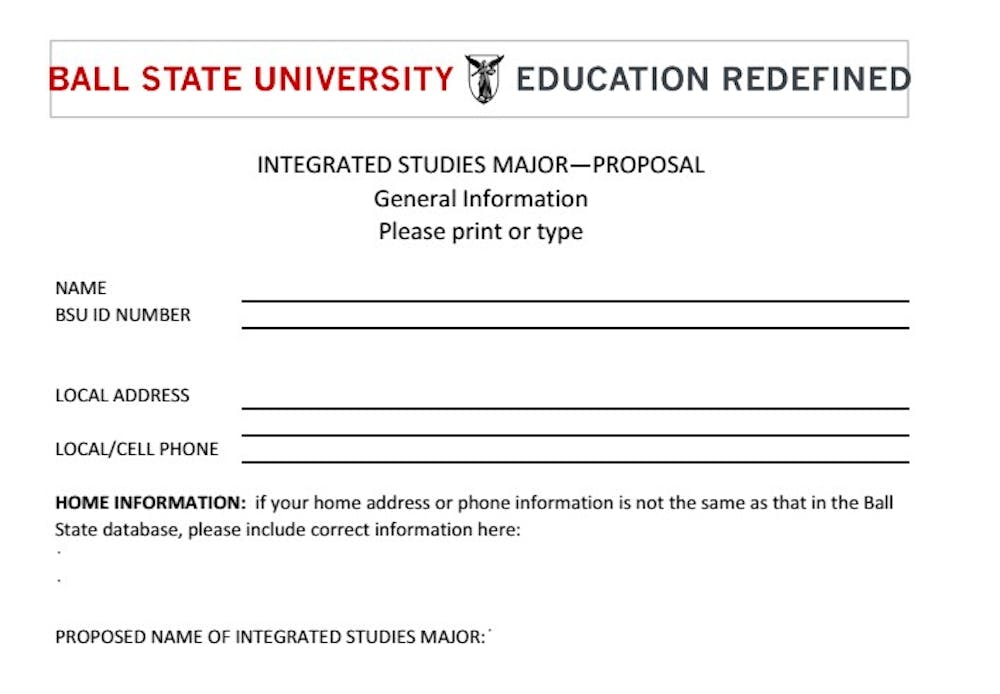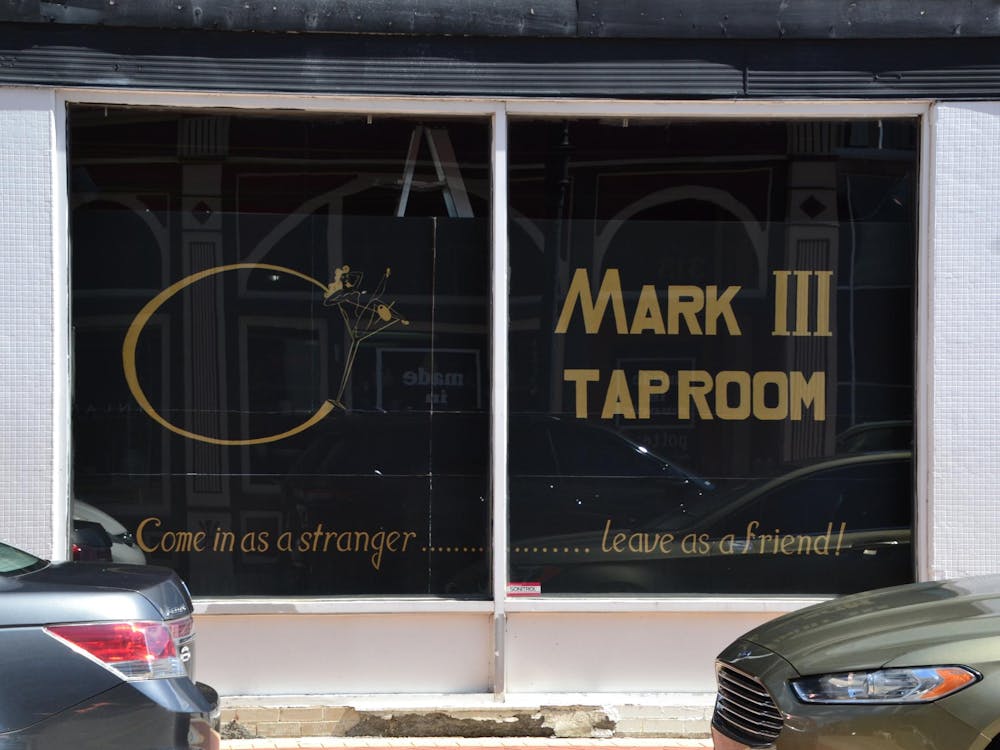Chelsea Smith tried a few areas of concentration before she settled on a major in community activism and development—a major so unique, no one else at Ball State can say they are one.
Smith, a Ball State senior, is part of the Integrated Studies program, one of Ball State’s two programs for students who want to major in something not offered by the university or who want to create their own. The other group is the Medallion Scholars.
Students on the Integrated Studies track create a major with at least 45 credit hours, and meet with one specific advisor. This track is open to all Ball State students.
Medallion Scholars create a major with a minimum of 55 credit hours, and meet with a board of advisors. This program is only open to students in Ball State’s Honors College.
Medallion Scholars have to submit an application to the Dean of the Honor’s College in order to be accepted into the program, whereas those in the Integrated Studies Program work more with the Associate Provost and Dean of University College, said Jim Reubel, dean of the Honors College.
Students in both programs also have to maintain a 3.33 grade point average.
Smith first heard about the program at freshman orientation.
“After a semester of going back and forth between majors, I was like, ‘Okay, let’s check this out.’”
Smith’s courses range from Sociology and Anthropology to Urban Planning and Sustainability.
“I’m all over campus,” she said.
Smith said that her Community Activism and Development major is geared toward alleviating social injustices.
“I wanted it broad because I know that I’m passionate about social justice and community development, but I’m not sure where I fit into all that yet,” she said.
Smith is looking into the AmeriCorps program now as she prepares for graduation. AmeriCorps is a government-funded version of the Peace Corps.
Smith is still set to graduate in the spring, having completed her degree in four years.
Janie Fulling, a junior Integrated Studies student, is in the process of creating her own major—digital storytelling and cultural narratives.
“I got involved with it because I realized that I wanted to do something with video in a storytelling format, but I didn’t want to skimp on research and cultural studies,” she said.
Fulling is still in the process of creating her major. Students in these programs have to determine goals and a four year plan for their education, Ruebel said.
Ruebel said he meets with interested students within their first three semesters of college.
After the interview, he asks for a follow-up with clear goals and outcomes. Once those are established, the student picks courses that will fit the outcomes.
The first interview determines whether a student fits into the Medallian Scholars or Integrated Studies Program, Ruebel said.
After the four-year plan, or proposal, is established, it is submitted to the necessary faculty members. Then, adjustments are made as needed, and Rebuel signs off on it.
Because Fulling's new major isn’t approved, she is still a speech pathology and telecommunications major, but she has been taking classes like telecommunications, photojournalism, anthropology and sociology of media.
“I’m taking all classes that are related to my proposed major, mostly because I didn’t want to waste any time getting into classes I was really excited to take,” she said.
Fulling said that it puts a bit more pressure on her when it’s time to choose classes.
“I know that if a person with an established major dislikes a class, he or she can just rationalize that by saying, ‘Well, I need it to get my degree.’ But if I dislike a class, I know that I chose that class specifically to fulfill a specific learning objective,” she said.
All majors have objectives they want students to learn before they finish their degree. But with these do-it-yourself majors, the student identifies what they want to learn and study, Fulling said.
Defining learning objectives involves talking to faculty to determine what classes are needed and what future jobs might require.
“That’s what I’m having the most trouble with, actually,” she said. “I just want to learn everything.”
Fulling does have a plan for the future.
“I want to do some sort of documentary work, creating content that increases cross-cultural understanding,” she said.
Both Fulling and Smith feel strongly about the program and the positive effects it’s had on them.
“I’m a strong advocate for this option because it is making your education your own … it definitely made my experience here a lot more positive,” Smith said.





